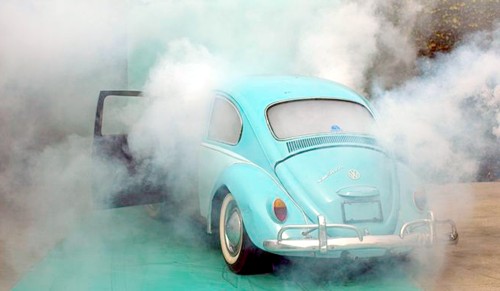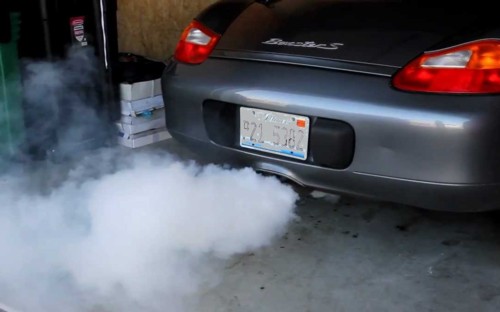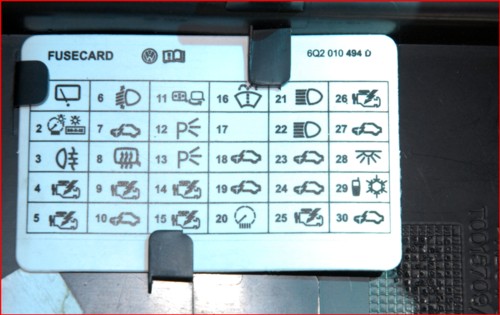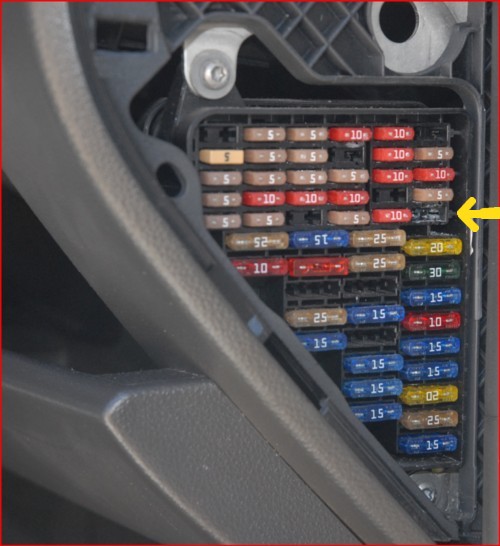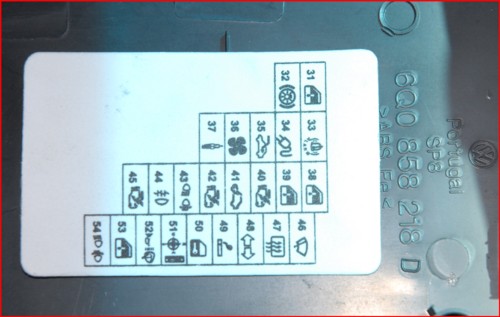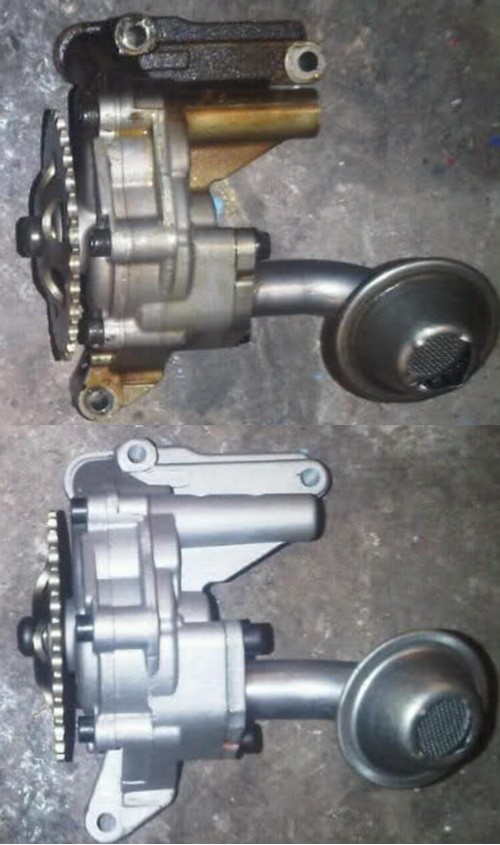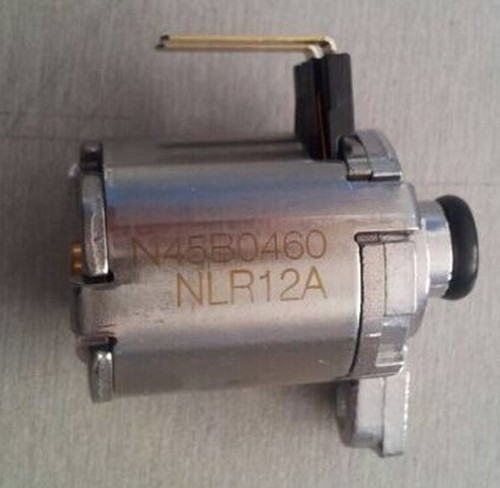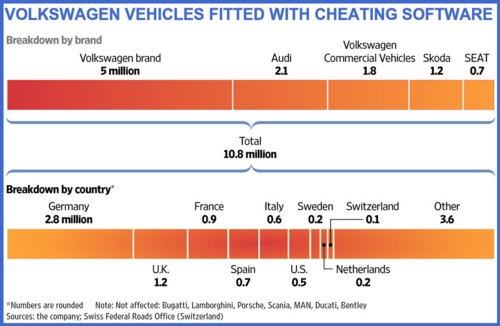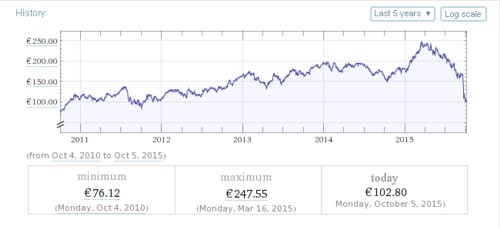KNOCK SENSORS
Gone are the days when you could fix your own car with simply logic. Today you require digital logic, a scan tool and a tech savvy mechanic to make sense of the latest cars because they are all very precisely controlled by electronic circuits. The Engine Control Module is just one such circuit and largely depends on several of its sub-circuits and associated automotive control modules to achieve the precision needed to propel the latest engines using high octane fuel, and burn it stoichiometrically in order to deliver the performance expected from these modern cars. But this is easier said than done because these sub-circuits and associated control modules rely on a number of inputs sensors and actuators distributed all over the engine and the car in general, to successfully control of the crank synchronous path.
Gone are the days when you could fix your own car with simply logic. Today you require digital logic, a scan tool and a tech savvy mechanic to make sense of the latest cars because they are all very precisely controlled by electronic circuits. The Engine Control Module is just one such circuit and largely depends on several of its sub-circuits and associated automotive control modules to achieve the precision needed to propel the latest engines using high octane fuel, and burn it stoichiometrically in order to deliver the performance expected from these modern cars. But this is easier said than done because these sub-circuits and associated control modules rely on a number of inputs sensors and actuators distributed all over the engine and the car in general, to successfully control of the crank synchronous path.
In order for the ignition sub-system to function optimally for example, it requires feedback information about what is presently happening in the engine so that it can take corrective action if needs be, in real time. Likewise the fuel mixture sub-circuit can only determine if the mixture is rich or lean from the feedback information, then take corrective action to increase or decrease the quantity of fuel based on the amount of oxygen present. Like wise the crankshaft timing sub-circuit depends on feedback information and maintain a constant torque. Yet all three these ECM sub-circuits works very closely in conjunction with one another and other sub-circuits to achieve optimal performance.
Restated, the ECM is in control of the torque and torque reduction circuits, which just happens to annoy the arse-mousse out of Volkswagen, Audi, SEAT and Skoda owners. It is commonly referred to as the EPC -Electronic Power Control. Essentially EPC is limp mode's best friend and vehicle owners worst enemy. ECM torque reduction is handled via the crank synchronous path, and involve the ignition system sensors, the knock sensors, and fuel mixture both short trim and long trim.
Input signals are needed for calculating precise ignition timing:
2) Engine Speed Sensor (RPM)
3) Throttle Control Valve Sensor
4) Camshaft Position Sensors
5) Knock Sensors
6) Accelerator pedal Position sensors
By monitoring the Engine Coolant Temperature Sensor (ECT), the ECM varies the parameters of the engine as it heats up and maintains it when it has reached the correct operating temperature.
By monitoring Engine Speed Sensor (RPM) the ECM can determine how many times the coils misfires per 1000 revolutions and how many times the injectors fail to deliver fuel.
By monitoring the Throttle Control Valve Sensor the ECM can calculate the torque compared to how wide the throttle opens.
By monitoring the Camshaft Position Sensors the ECM can better determine the exact time when the valves close and the exact point of ignition.
By monitoring the Knock sensors the ECM decides whether detonation is bad enough to take action, either to retard / advance the engine or reduced the torque and consequently prevent engine damage.
By monitoring the Accelerator Pedal Position sensors it can determine synchronicity between the position of the accelerator pedal when depressed and the throttle control valve and and discrepancy outside of its normal parameters will reduce the torque.
KNOCK SENSORS
Knock sensors are very important to the overall engine torque because they detect combustion knocks in the individual cylinders. This is common when high octane fuel self ignites which is generally known as knocking (detonation) or pinging (pre-ignition).
Knock sensors are piezo-electric components acts something like microphones do, but instead of picking up sound, they detect vibrations in an engine which are needed by the ECM to correct the combustion process in the event of detonation or pinging. This allows the ECM to "retard" the engine so that it would work with different quality fuel. This implies that lower octane fuels are more prone to knock than higher octane fuels. It is therefore imperative to use the correct octane fuel prescribed for your vehicle since failure to do so can cause the EPC light to turn on and cause the vehicle to enter into limp mode.
TESTING KNOCK SENSORS
Four and six cylinder engines have 2 knock sensors each. Knock sensor 1 monitors the even bank of cylinders while Knock sensor 2 monitors the odd bank of cylinders. W8 and W12 engine have 4 knock sensors each. Knock sensor 1 monitors cylinders 1 & 2, Knock sensor 2 monitors cylinders 3 & 4, Knock sensor 3 monitors cylinder 5 & 6, and Knock Sensor 4 monitors cylinder 7 & 8. Knock sensors are mounted directly on the crankcase and must be torqued. Failure to torque a knock sensor may cause it to malfunction and pickup engine vibrations as well as detonations.
The plug for Knock sensor (KS) 1 is normally green and it monitors cylinders 1 & 2, whereas the plug for Knock sensor (KS) 2 is normally grey and it monitors cylinders 3 & 4. Knock sensors are three pin devices with Pin 1 = Signal, Pin 2 = Ground and Pin 3 = Shielding. Using a multimeter measure the resistance for "short circuit" between pins 1 and 2, then 1 and 3, then 2 and 3 at the Knock sensor connector. This measurements should always read infinity (open circuit). If short circuit, replace knock sensor and make sure that it is correctly torqued to the crankcase. Also check the wires for short circuit. If short circuit, replace. If a oscilloscope is available, connect it between pins 1 & 2 of the knock sensor. Tap the knock sensor lightly with a wrench, this should produce a fairly high frequency irregular sinusoidal waveform with a higher amplitude towards its middle. If there is no waveform coming out of the knock sensor its best to replace it because it will lead to a rise in fuel consumption and the engine management system may reverts to emergency knock control and reduce overall engine performance.

